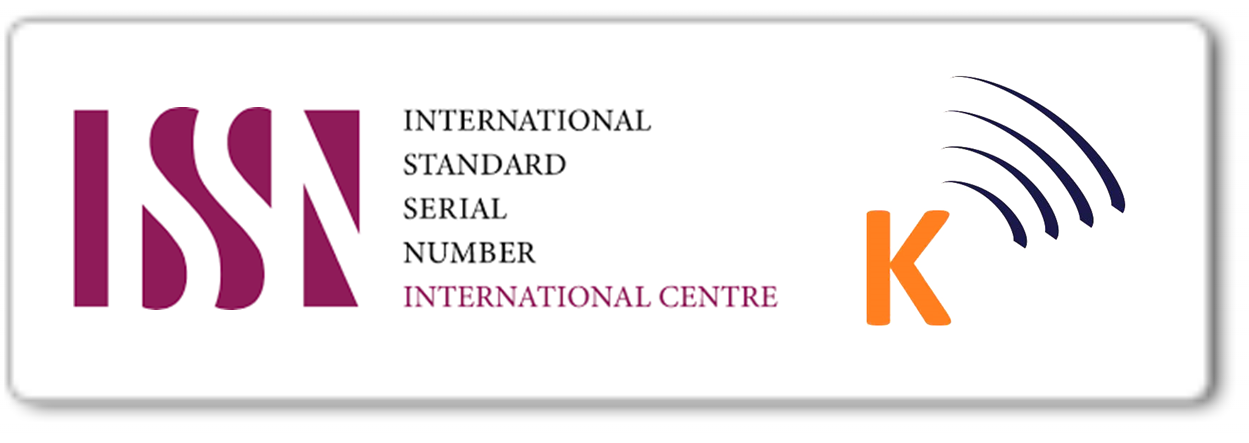POTENSI PEMBELAJARAN AUDIO DAN RADIO INTERAKTIF DALAM MEMBERIKAN PELAYANAN PENDIDIKAN ANAK USIA DINI DI INDONESIA (SUATU KAJIAN TEORITIS)
Keywords: audio interactive, early childhood education
Abstract
Many challenges must be faced by thr GOI in developing the program, nowadays the Govemment of lndonesia (G01) through Early Childhood Education (ECE) Department has been enhancing early childhood education programs for 0 to 8 year old children. The major challenges are children access to early childhood education services and quality of early childhood education programs. Considering the challenges, The United States Agency for Intemational Development (USAID) in partnership with Indonesia's Ministry of National Education is currently implementing a small scale interactive audio instruction (1AI) pilot program targeting 5-6 year olds and their teachers in seven provinces. The program can simultaneously lead acfivities to kindergarten children and teachers as well as train the teachers, who don't have early childhood education background, and how to create high qualityactivities for children. Because of its' simple technology, the program can be applied in various Indonesia district condition, This paper explores the potential role a simple technology can play in assisting the government meet its early childhood education goals and discusses whether something as commonplace as a CD player or radio, when coupled with a proven education methodology, could present a cost effective way to achieving quality at scale.
Downloads
References
Education Development Center (2007). Proof of concept study: Testing the use of interactive radio instruction (/RI) for entrepreneurship training with adults.
Heinich, R., Molenda, M., Russell, J.D., & Sharon, E.S. (1998). Instructional media and technologies for learning. Prentice Hall : New Jersey Ministry of National Education, the Republik of Indonesia (2005). The mid-term development plan of national education 2005-2009.
UNESCO (2005). Policy reviewer report: Early childhood care and education in indonesia. Early Childhood and Family Policy Series Number 10-2005.
World Bank (2004). Papua-Indonesia the land of lesson unlearned. Preliminary Survey Report p.10.
World Bank (2005). Improving education quality through interactive radio instruction. Africa Region Human Development Working Papers Series No. 52.
World Bank (2006). Early childhood education and development in indonesia. An investment for a Better Life. Working Paper Series Number 2006-2, p.24.







